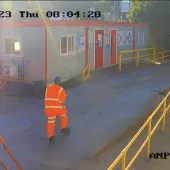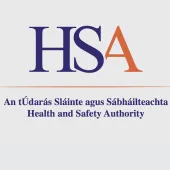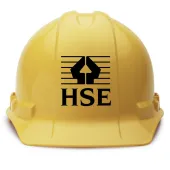Ruttle Plant fined for safety and welfare breaches

Plant hire company prosecuted for work at height safety failure and lack of welfare facilities
RUTTLE Plant have been fined £66,667 for exposing workers to the risk of a fall from height and for failing to provide minimum welfare facilities.
Blackpool Magistrates’ Court heard how, on 17 November 2020, Ruttle Plant (Birmingham) Ltd were in the process of building a new aggregate recycling facility at their site in Chorley, where part of the work included the provision of cladding to the roof.
This was carried out using a cherry picker. However, as some areas of the roof were difficult to reach, employees had to step on to the roof where no edge protection had been provided, putting them at risk of a 30ft fall.
In addition, workers had been on site for some considerable time without the minimum required welfare facilities being available. This included facilities for hand washing during the height of the Covid pandemic.
An investigation by the Health and Safety Executive (HSE) found that the workers had been left unsupervised by site management, there had been no method statement to follow when they climbed on to the roof, and there were no preventative measures in place to prevent the risk of a fall from height.
Workers were also expected to travel along an unadopted roadway to the company’s head office, more than five minutes’ drive away, to use the toilet, despite there being ample room for on-site facilities.
Ruttle Plant, who pleaded guilty to breaching Regulation 13(4)(c) of the Construction (Design and Management) Regulations 2015, and Regulation 4(1) of The Work at Height Regulations 2005, were fined £66,667 and ordered to pay costs of £1,847.
Speaking after the hearing, HSE inspector Christine McGlynn said: ‘Had a worker fallen off the roof edge, it could have been fatal. Employers should ensure that workers are not left to carry out high-risk roof work without supervision.
‘Work at height and roof work should only be carried out by trained workers who are being robustly monitored following proper planning and risk assessment and using suitable equipment. The minimum standards for welfare must also be met.’









